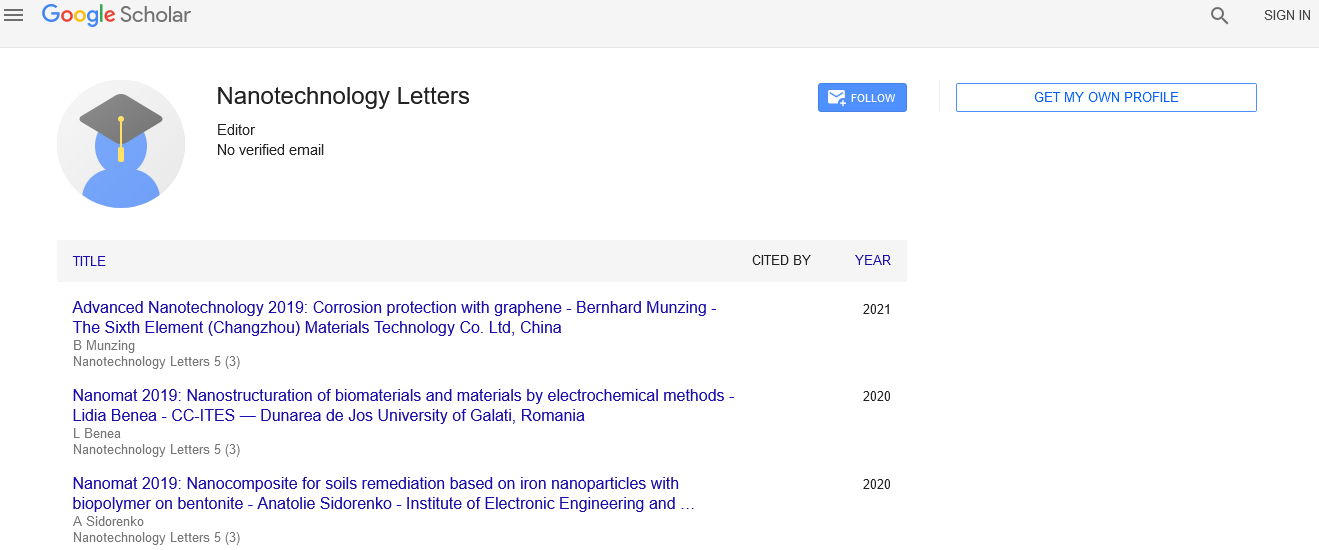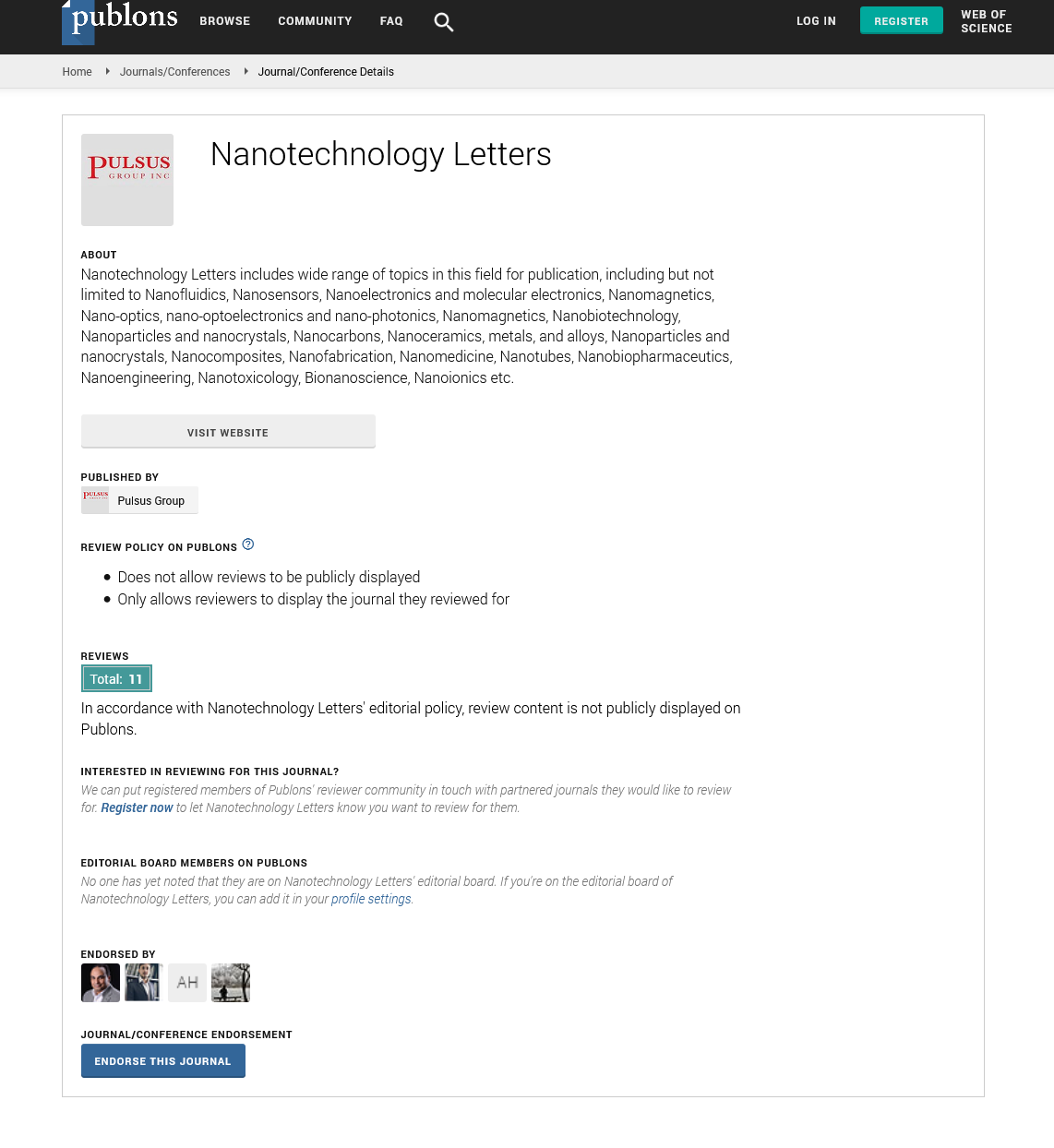
Sign up for email alert when new content gets added: Sign up
Abstract
Nano Congress 2018 & Nano Drug Delivery 2018: Immunoliposomes containing simvastatin, targeted towards EGFR, as potential therapeutic for treatment of EGFR-dependent breast cancer tumors - Lucyna Matusewicz - University of Wroclaw, Poland
Author(s): Lucyna MatusewiczIntroduction: Epidermal Growth Factor Receptor (EGFR) was shown to be highly expressed in many types of human cancer, among others, in breast cancers. EGFR overexpression correlates with advanced stage of the disease and with poor response to chemotherapy. One of the promising strategy for the treatment of EGFR-dependent tumors is to inhibit signal transduction from EGFR via disruption of cholesterol rich membrane rafts. We assume that targeted delivery of simvastatin, a popular cholesterol-depleting drug widely prescribed in the treatment of cardiovascular diseases, will specifically disorganize membrane rafts and therefore disturb the EGFR dependent signalling pathways that usually promote cell proliferation and metastases. Statins were shown to exert antitumor effects in high doses, but those may lead to serious side effects. Therefore, the main purpose of this work is to obtain targeted, long circulating liposomes with simvastatin and to test their anticancer activity both in vitro and in vivo.
Methodology: Liposomes were prepared via lipid film hydration method and modified by attachment of antibodies specific to EGFR. Stability, selectivity and toxicity of targeted liposomes were analyzed both in vitro and in vivo. The level of activation of selected kinases involved in transduction of signals stimulated via EGF in cells treated by immunoliposomal statin was examined. Moreover, changes in plasma membrane order of cells exposed to liposomal simvastatin were examined using FLIM (Fluorescence-lifetime imaging) method.
Findings: Designed immunoliposomes were stable over 6 months, selective towards EGFR overexpressing cells and showed antitumor efficacy both in vitro and in vivo. Inhibition of signaling pathway involving Akt in cells treated with immunoliposomal simvastatin and disruption in plasma membrane order were observed.
Conclusions: Presented immunoliposomal formulation of simvastatin seems reasonable solution of a specific delivery of high doses of this drug into tumor cells and a candidate of further evaluation for efficacy either in monotherapy or in combination in anticancer therapies in the future.





